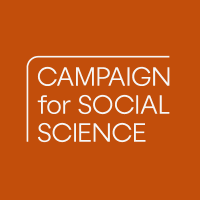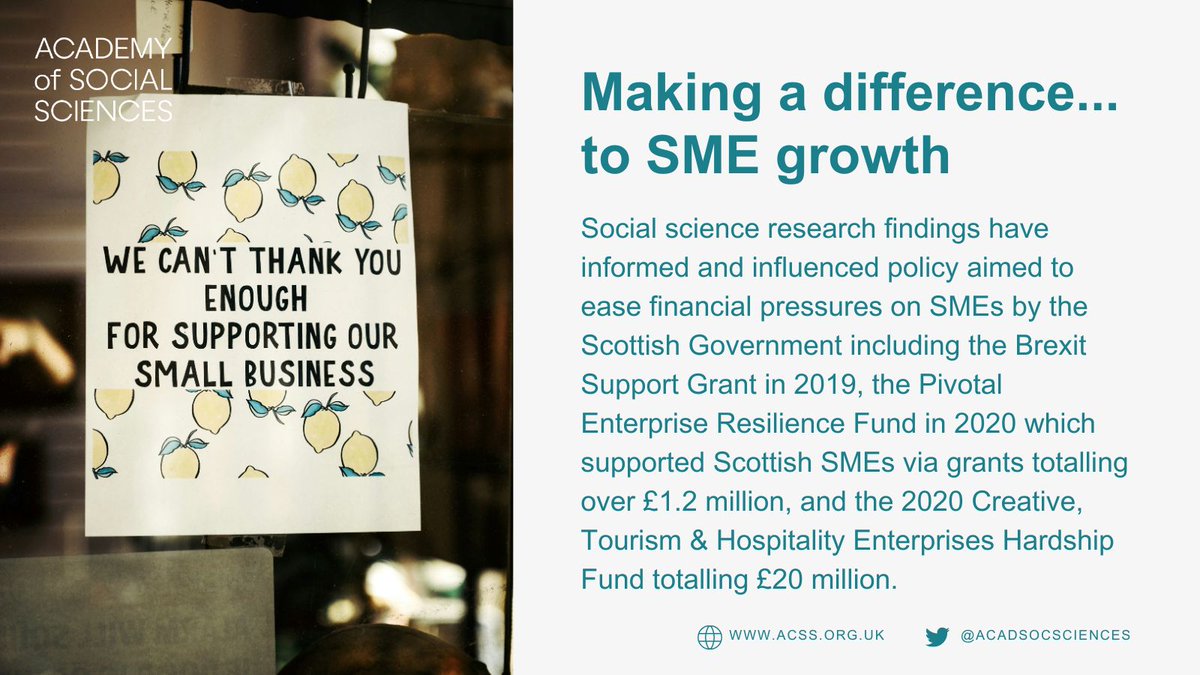
cssjournal
@cssjournal1
Journal of the Academy of Social Sciences @AcadSocSciences by Taylor and Francis @RoutledgeGPU Editor in chief: @dgbailey
ID: 1070657467254738944
https://www.tandfonline.com/toc/rsoc21/current 06-12-2018 12:33:26
1,1K Tweet
190 Takipçi
108 Takip Edilen


Mark Gough ITV News Central on more cash for EV chargers in the Midlands, at 5m50s. I pop up at the end. His filming is always a work of art. Bham Business School UK in a Changing Europe MidlandsConnect itv.com/watch/news/cat…

Theo Leggett BBC News (UK) goes for a spin in a driverless Nissan Leaf. I catch a ride too… Bham Business School UK in a Changing Europe vimeo.com/1065783169/f4c…


Trump auto tariffs - a quick thread. As expected - 25% tariffs on all car imports to the US. This will have a big impact on major auto exporters to the US: Europe (including the UK), Japan, South Korea, Mexico and Canada. UK in a Changing Europe







Here in the UK, auto firms are operating well below capacity, & in some cases may be pushed below viability levels. The govt’s industrial strategy needs to spell out now how it will help the industry, including immediate short term support to keep plants open. Ben Norman

🚨 TODAY @ 1pm 🚨 📊 UKICE Economics panel Lunch Hour 💸 Unpack the Spring Statement with BBC’s Ben Chu & UKICE’s Anand Menon Jonathan Portes Jill Rutter & Sarah Hall👇 ukandeu.ac.uk/events/ukice-e…

Prepare for 'carmageddon': Trump's tarriffs are a perfect storm for the UK auto industry - LBC News blog UK in a Changing Europe Bham Business School Unite the union: join a union SMMT lbc.co.uk/opinion/views/…

ICYMI Last night’s Auto Blogs from the Blackstuff by Prof David Bailey on Trump’s Tariff Tornado for the UK car industry. john-clancy.com/blogsfromthebl…

Paul Johnson Polly Toynbee Spot on. Exactly what we found amongst Midlands’ manufacturing firms - burdens of post-Brexit non-tariff barriers proved particularly challenging to smaller firms in manufacturing supply chains. cssjournal UK in a Changing Europe Bham Business School tandfonline.com/doi/10.1080/21…

There are 5.5 million+ small & medium sized enterprises in the UK accounting for 99%+ of firms & employing 16.7m people. Social science research by Prof Ross Brown (University of St Andrews School of Management) has explored the barriers to SME growth & how public policy can support them. acss.org.uk/encouraging-in…


Have you read this blog✍️for our Good Growth Hub by Paul Johnson, Director of Institute for Fiscal Studies, yet? The piece emphasises why growth is essential if we are to improve living standards & cover the costs of vital public services. Read now➡️ acss.org.uk/the-essential-…


🎧 Looking for some weekend listening? 🎧 Tune into the latest episode of The UK in a Changing Europe Podcast with Anand Menon and Constanze Stelzenmüller on European security policy and spending, trans-Atlantic relations and Trump's foreign policy agenda👇 ukandeu.ac.uk/podcasts/nato-…

"Without a clear vision for culture in a post-Brexit context, the UK risks leaving large parts of its creative sector without the support they need to survive." ✍️ Kirsty Warner and Hussein Kassim explore the impact of Brexit on the creative industries ukandeu.ac.uk/how-uk-creativ…